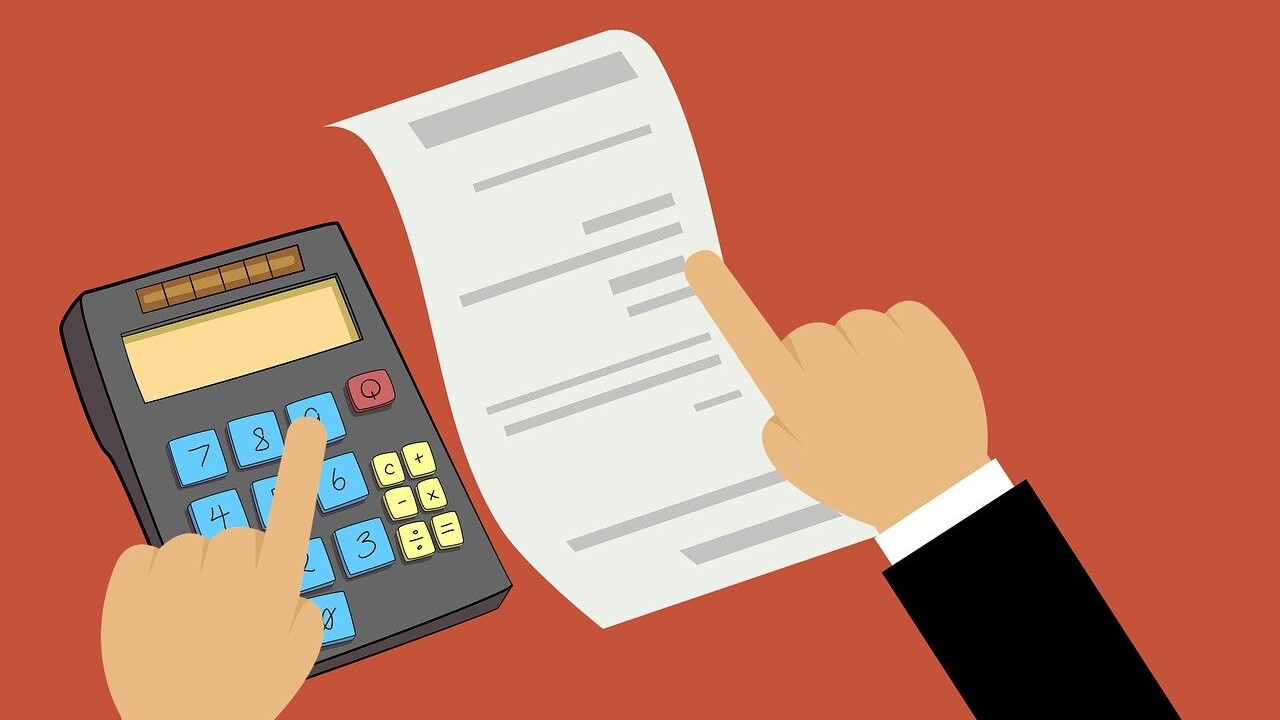In the complex realm of modern workplaces, the freedom of employees to freely exercise their legally protected rights meets an unsettling reality: the pervasive threat of retaliation. As recently as 2020, workplace retaliation held the top spot among discrimination claims filed with the Equal Employment Opportunity Commission (EEOC), accounting for over 50% of all charges.

Retaliation, whether overt or subtle, arises as a response to various triggers, such as whistleblowing, raising concerns, or confronting workplace injustices. These actions, born out of the desire for accountability and positive change, can paradoxically create a chain reaction leading to adverse outcomes. This article explores the intricacies of the long-term professional and personal impact of retaliation, offering insights into its effects on individuals, teams, and the broader organisational culture.
Consequences of Workplace Retaliation
Hindrance to Job Performance and Productivity
Workplace retaliation casts a long shadow over an individual’s capacity to perform optimally and contribute effectively to the organisation. Recognising this connection is crucial for organisations aiming to foster a healthy, productive, and collaborative work environment that thrives on open communication and mutual respect.
When individuals find themselves at odds with an employer due to reporting issues, challenging unethical behaviour, or simply speaking out against potential injustice, their ability to perform their tasks optimally becomes compromised. The fear of further retaliation and the emotional distress caused by the situation can create a hostile environment that undermines an individual’s focus, energy, and effectiveness.
Moreover, retaliation can create a sense of isolation and detachment from one’s work environment. Individuals who have experienced retaliation may begin to feel excluded, unsupported, and undervalued within the organisation. This sense of alienation not only erodes their motivation to excel but also diminishes their commitment to the team’s objectives. Collaborative efforts suffer as trust erodes, and the overall synergy within the team or department deteriorates. The fear of further retaliation also stifles innovation, initiative, and the willingness to take risks, all of which are essential for a vibrant and productive work environment. The absence of fresh perspectives and the hesitance to propose new ideas can hinder progress and prevent the organisation from adapting to changing circumstances.
Workplace Morale and Culture
At the core of a healthy workplace culture lies trust, open communication, and a sense of belonging. When retaliation rears its head, these foundational pillars begin to crumble. Witnessing a colleague facing retribution for speaking out or advocating for change instils fear among other employees. This fear dissuades other employees from voicing concerns or engaging in candid discussions.
The occurrence of retaliation disrupts the harmony of teams and departments. Individuals, wary of becoming the next target, become cautious about sharing information, collaborating, or even engaging in casual interactions. Collaboration gives way to self-preservation, and camaraderie is replaced by an atmosphere of apprehension.
Furthermore, when employees perceive that leadership tolerates or engages in retaliation, it erodes their faith in the organisation’s ethical compass. This disillusionment diminishes loyalty and dampens enthusiasm for their work. The collective sense of shared purpose wanes, leading to reduced engagement and motivation across the board. Organisations that fail to address workplace retaliation risk becoming breeding grounds for negativity, apathy, and low morale. As morale erodes, employees may disengage from their roles, leading to decreased commitment to the organisation’s mission and objectives.
Legal and Financial Consequences of Retaliation
Beyond its immediate impact on individuals and team dynamics, workplace retaliation carries significant legal and financial implications that organisations must grapple with. Whistleblower protection laws, anti-discrimination statutes, and labour laws often include provisions that prohibit retaliation against individuals who exercise their rights or report wrongdoing. When retaliation occurs, organisations can find themselves facing lawsuits that expose them to substantial legal liabilities. Legal proceedings can be not only financially costly but also time-consuming, diverting resources and attention away from core business activities.

Financial consequences extend beyond legal fees and court settlements. When cases of retaliation become public knowledge, they can tarnish an organisation’s reputation and erode stakeholder trust. Negative publicity stemming from retaliation incidents can lead to customer attrition, decreased brand loyalty, and difficulty securing partnerships and contracts. Moreover, if an organisation is found liable for retaliation, it might be required to pay damages not only to the affected employee but also to cover lost wages, emotional distress, and punitive damages. To mitigate the legal and financial consequences of retaliation, organisations need to prioritise the creation of transparent reporting channels, robust anti-retaliation policies, and a culture that values ethical behaviour.
The consequences of workplace retaliation are far-reaching and multifaceted, extending well beyond the immediate aftermath of an incident. As we have explored in this article, retaliation casts a shadow over not only the lives of the individuals directly affected but also over the fabric of organisations as a whole. Preventing retaliation necessitates robust anti-retaliation policies, but more crucially, it requires nurturing a workplace culture that values speaking up and supports ethical behaviour. Employers must recognise the enduring effects of retaliation on individuals and their bottom line, investing in training and mechanisms to prevent it.
How Polonious Can Help
Polonious Systems specialises in advanced case management software and offers a robust solution for addressing and preventing workplace retaliation. Our comprehensive platform centralises investigations, streamlining workflows, evidence management, collaboration, and analytics. This ensures consistent procedures, timely task completion, and secure data handling. With customisable reporting and adherence to regulatory standards, the software empowers organisations to manage cases effectively, enhance transparency, and ensure compliance, ultimately fostering a safer and more accountable workplace environment.
Table of Contents
Let's Get Started
Interested in learning more about how Polonious can help?
Get a free consultation or demo with one of our experts




